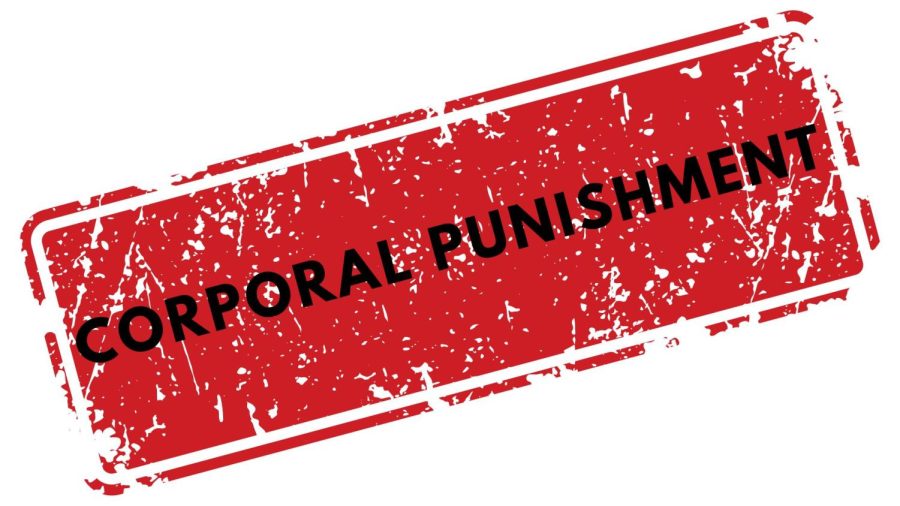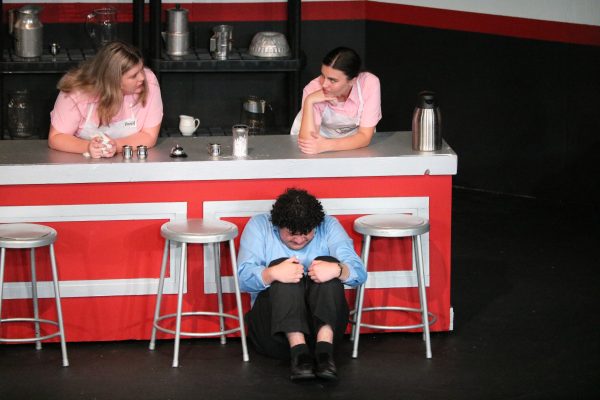Punishments Going Back in Time
Cassville R-IV School District in Missouri added new section of disciplinary consequences to the student handbook titled, “Corporal Punishment.”
As a school goes back in time to old punishments, it all comes from a U.S Supreme Court Case in 1977, Ingraham v. Wright, ruled that corporal punishment was a constitutional matter and that states had jurisdiction over it. Shortly after, 19 states allowed public schools to use corporal punishment, one of them being Missouri.
A school district in southwest Missouri, Cassville, students were excessively misbehaving through the previous school year which brought attention to the school district. After meetings over the summer, a new section of disciplinary consequences were added to the student handbook titled, “corporal punishment”. After many years of having this disciplinary consequence banned throughout districts within Missouri, this school district felt the urge to bring it back due to student behavior. Since other schools in the same state as Pattonville have been affected by corporal punishment, Pattonville could be an affected school as well.
Students at Pattonville were surprised that corporal punishment was legal in Missouri.
“I thought we were moved past that era where it was common,” Samantha Dayrit, senior, said.
Senior Muhammad Faisal agreed, “I was surprised that this was happening because over the years we’ve been going to a less radical approach towards children and was just really surprised hearing this.”
The policy of the school district in Cassvile was only to perform corporal punishment on students whose parents agreed to it. The district believed that a student experiencing some sort of pain as a discipline consequence would correct their misbehavior. Head Principal Teisha Ashford disagrees with this and believes the actual lesson of corporal punishment was ineffective.
I think what it does to a student is it defeats the overall point of discipline. Which is where the student learns from whatever his mistake is and becomes self-disciplined, so they can make better choices
— Teisha Ashford
Faisal agrees that pain as punishment is wrong,
“I believe it’s because when you physically hit people it pushes them away further,” Faisal said.
As these two students were unaware of this news, they were hoping this type of punishment wouldn’t come to Pattonville.
Ashford assures students that this won’t happen.
“Corporal punishment is not the approach to handle student misbehavior. I totally disagree with it,” Ashford said.
As this school district in Cassville takes the option of corporal punishment to discipline students, the question remains, will it help in the end?
Your donation will support the student journalists of Pattonville High School. Your contribution will allow us to purchase new equipment and cover our annual website hosting costs.

Nathanael is a senior and a staff writer for Pirate Press. This is his first year on staff. He loves doing sports and portrait photography in his spare...











